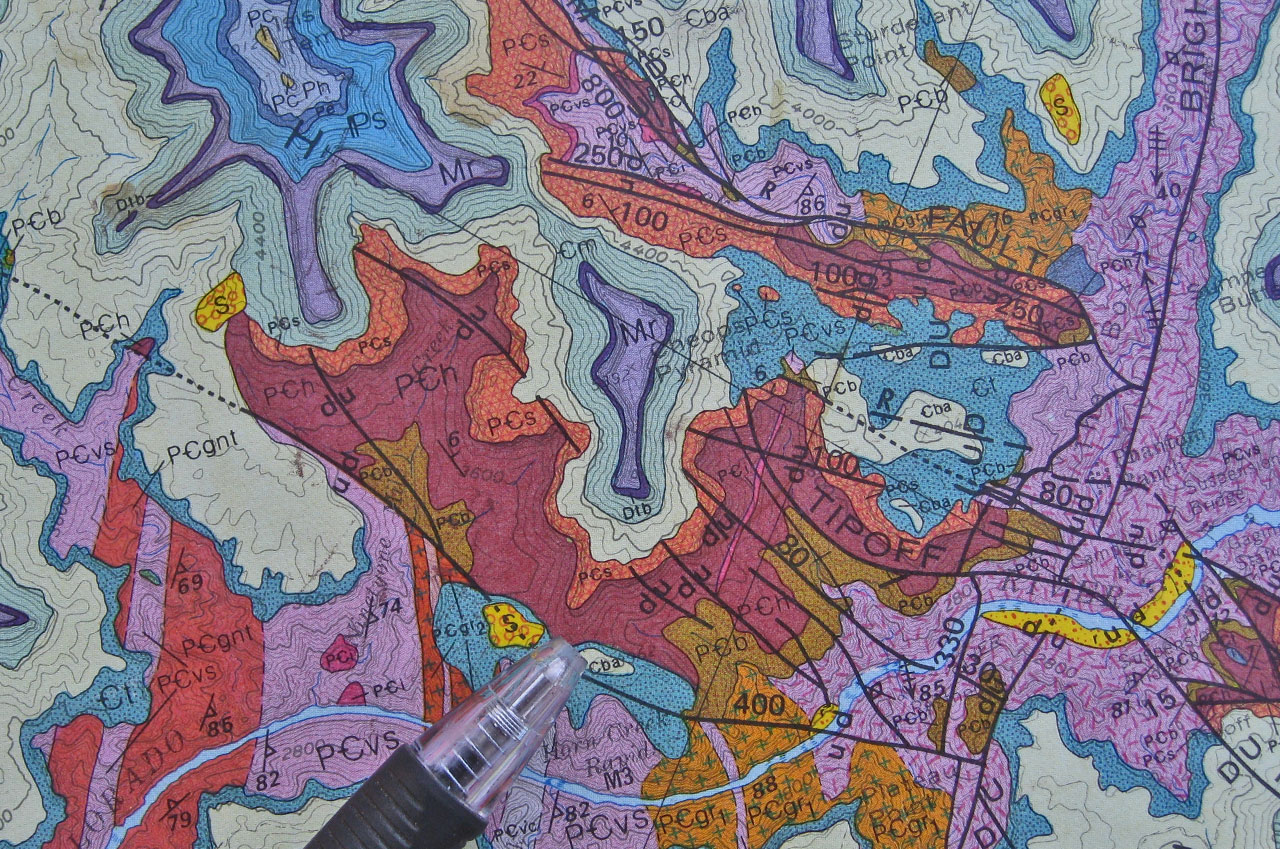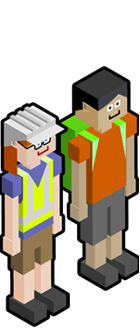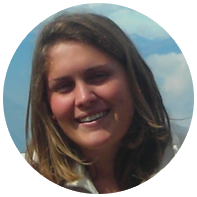
- Geology Career Pathways
- Careers
- Career Profiles
- Geoscientist (oil and gas)

Geoscientist Oil & Gas

Hannah
Job title: Geoscientist, Australia Exploration Team
Qualifications:
A levels: Maths, Chemistry, Geography, FrenchBSc Geoscience with French from St Andrews (2009)
What does a Geoscientist do?
I would say a Geoscientist is a geologist who interprets seismic data and integrates it with other geological information.I work as part of an exploration team to map and build a better understanding of the subsurface. This helps us to identify potential prospects for drilling
Graduates are exposed to a range of roles in both production and exploration, which allows you to make informed career decisions and decide on the path for you. .
Apart from formal qualifications what other skills and characteristics do you need?
You need the ability to work in a team and communicate with others who are not geologists. Often you work with drillers and engineers who are building complex models but who do not understand geology. Therefore the ability to be able to tell a story clearly and concisely whilst knowing when to leave out the details is an important skill. You also need to be enthusiastic about learning.What sort of organisation do you work for?
I work for a major international oil and gas company which operates in over 30 countries. It is also a very inclusive company and as an employee you are treated as an independent worker. You work on real projects from day one and are given real responsibilities.Was this your first job? If not what did you do in between?
Before joining BP, I had had two geoscience related internships but these were not in the oil and gas sector. I worked in a geotechnical environmental consultancy and a mining consultancy during my university summer holidays. The skills that I acquired were very transferrable. For instance, the ability to integrate data sets, quality control data, produce maps and test models is important for the oil and gas and the mining industries. Both industries also require you to be able to explain data and work with people who do not have a geological background.Do you travel within the UK or overseas much?
I’ve been to Azerbaijan where I went offshore and got operational experience on a rig in the Caspian Sea for a month. I’ve also been on field trips to Azerbaijan and the Pyrenees to examine analogue outcrops. In the UK I’ve visited the company’s former operations in Wytch farm, Dorset and travelled up to our core store in Aberdeen, where we preserve all our North Sea cores.Do you work a regular day or are shifts involved?
I work a regular nine-hour day, five days a week. The company has a flexible-Friday scheme which allows you to take the second Friday off if you’re on top of your work. It means you get a long weekend and it helps to keep people motivated.When you are on an operational site the work is shift work and each shift is 12 hours long.
What do you enjoy about your job?
I love the fact that I get to work on continually evolving projects and that I am learning every day - sometimes it feels like I am still at university. I’m still modelling and being required to problem-solve on a day-to-day basis, but the difference is the work I am doing has a real application and will influence business decisions.It’s also great to work with highly competent and motivated colleagues who’ve often spent their entire careers in the industry working on projects across the globe and are keen to share their experiences and lessons learned with you.
What advice or extra information do you wish you’d had before starting this career?
The knowledge and skills that you develop at university are directly applicable to a career in Geoscience. As such, I would recommend taking every opportunity to gain industry experience to understand the application of what you are learning at university, whether that be mineralogy, the basics of geophysics or the skills of map making.
I would also say that it is not necessary to know anything about the sector you are going into. I did not have a specific petroleum science degree, but I was able to get up to speed, although I perhaps faced a steeper learning curve than a person with a Masters in the discipline would have.What position would you like to hold in five years’ time?
I plan to continue working in the exploration and appraisal division and would like to work an expat position, living abroad for a while. I’d also like to head up a project and develop my leadership skills. Of course I hope that the work will continue to be diverse, interesting and challenging, but I don’t think that’s something I need to worry about in this industry!Background: Geological map of the Grand Canyon, USA. Credit: Brewbooks, Flickr
Geoscientist Oil & Gas